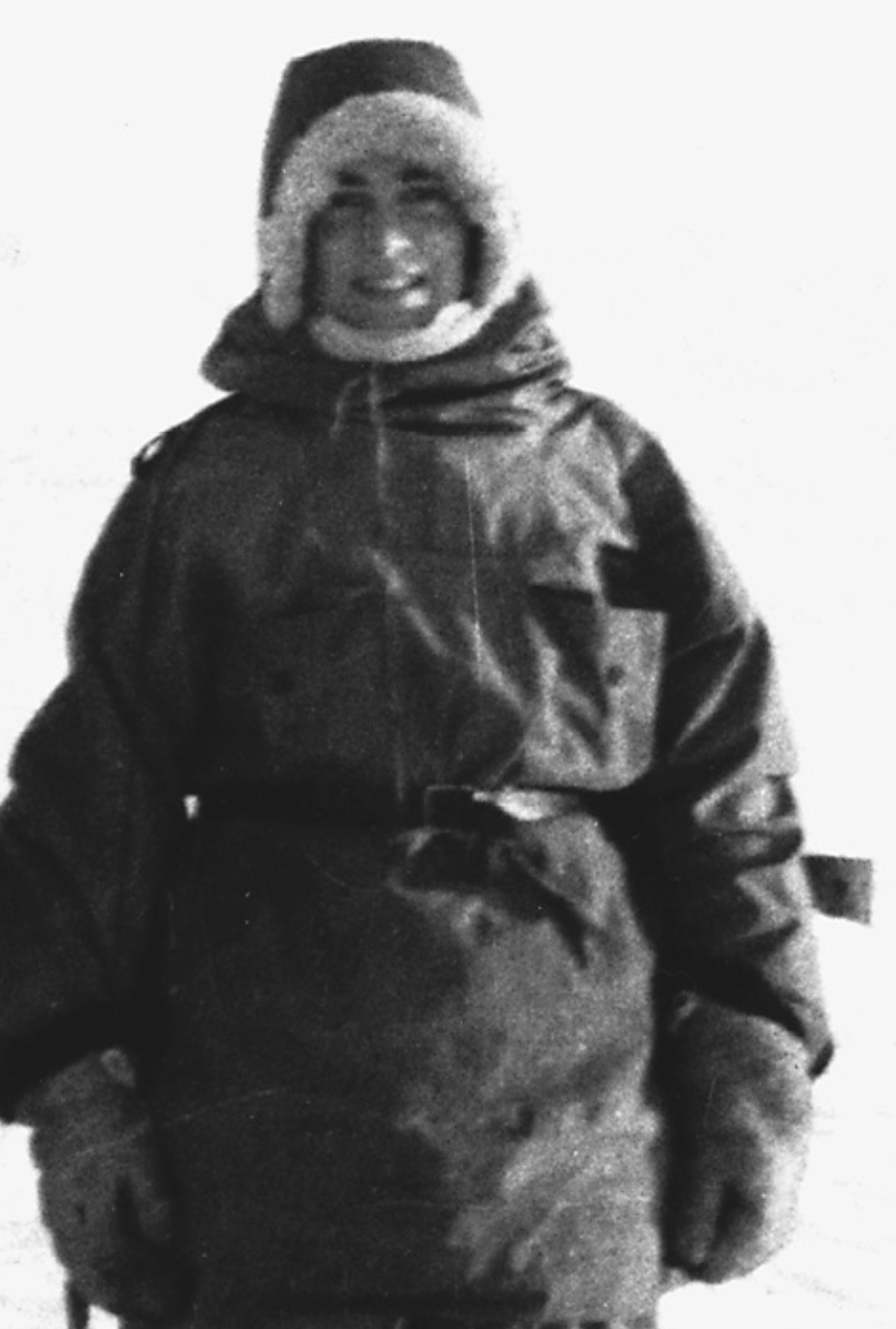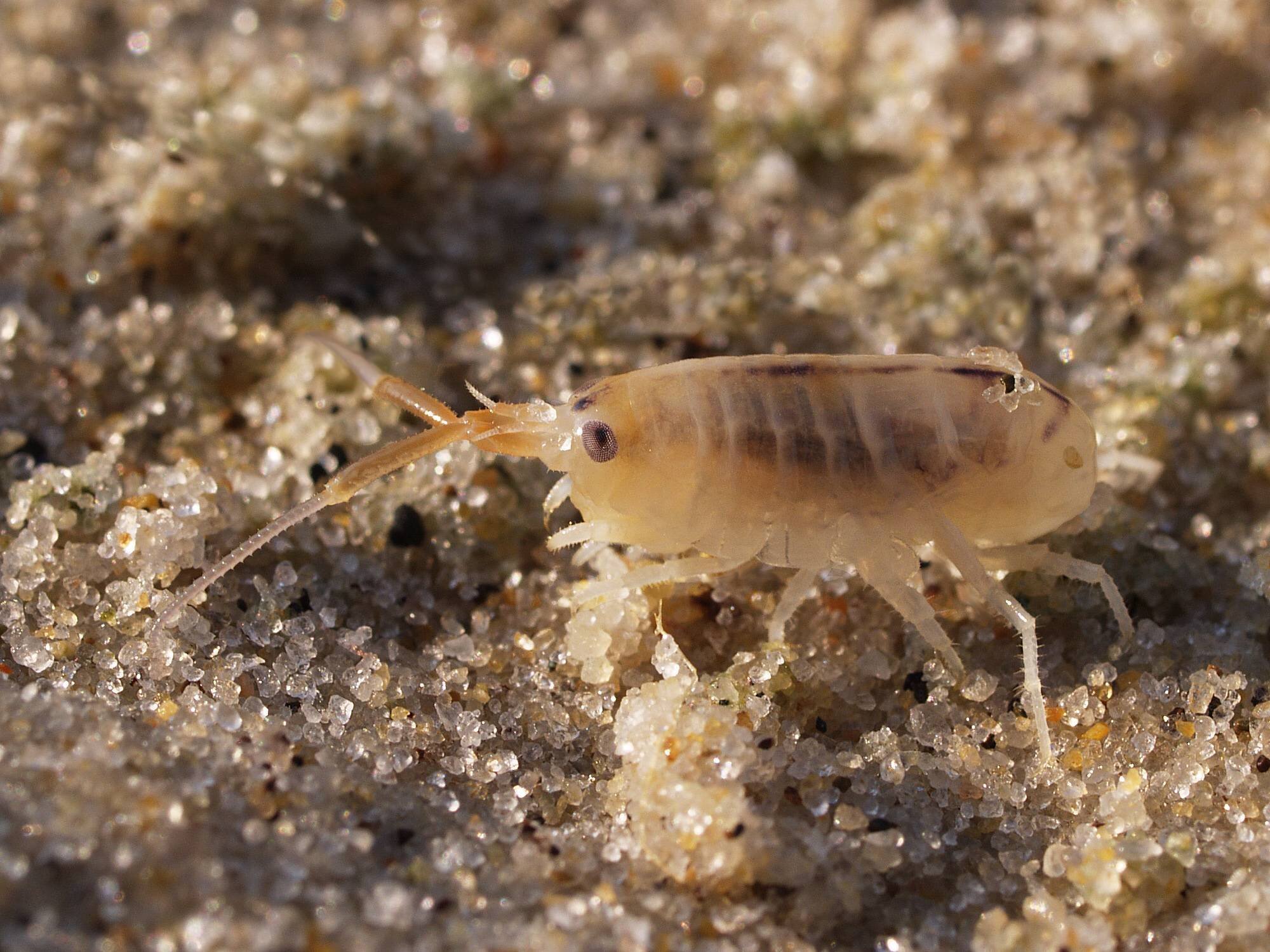59. The Challenge of Light Pollution
Our abuse of the natural world is causing problems which grow more terrifying with every passing day.
Understandably, climate change and the physical destruction of entire ecosystems attract the most attention.
But we face another environmental threat - one which is insidious and fast-growing, yet still widely ignored.
Light pollution.
The world we inhabit was, until modern times, governed by strict astronomical laws. Day followed night, and the night was always dark - except when the moon was full. This celestial regime shaped the behaviour and biological rhythms of (almost) every living thing on the planet.
The coming of electric light changed everything - and continues to do so. In many places true darkness now never comes. And while we may welcome that change because some of our deepest fears are associated with darkness, all that new light is causing immense damage.
There is overwhelming evidence of the destructive effects of artificial light on the animals (and plants) with which we share the planet.
To give just a few examples, it is likely that billions - yes, billions - of migratory birds die when they are drawn to brightly lit buildings. And even that number is dwarfed by the number of insects that suffer a similar fate. Then there are the countless, doomed turtle hatchlings that are lured away from the sea by artificial light.
Light pollution is a major but little-noticed factor in the massive problem of biodiversity loss.
Moreover it is increasingly clear that by banishing darkness we are also damaging our own health and well-being.
Exposure to artificial light at night is associated with a host of physical and mental disorders including diabetes, depression and even some forms of cancer.
And we are suffering other, less tangible but important injuries.
The darkness that once permitted everyone on the planet to see thousands of stars, as well as the glowing ribbon of the Milky Way - our home galaxy - has been obscured by the halo of artificial light that surrounds every town and city. The arrival of the LED has only made matters worse.
Most people living today will never see the night sky in all its glory.
The facts are not in dispute. In some countries (France, for example) governments are already taking practical steps to address the problems of light pollution. In the US there are many cities that have taken steps to reduce the glare of outdoor lighting.
But the British government rejected an amendment to the recent Environment Act that would have added the reduction of light pollution as a target.
Low public awareness is a major obstacle, coupled with the common assumption that more light must be better, and a widely held (but questionable) belief that it always improves our security.
Few people realise that the worst effects of light pollution can be reduced or eliminated by taking a few simple, inexpensive steps - such as installing lights with warmer colours, shielding them so that they don’t not spill upwards into the sky, and using motion sensors so that they only come on when needed.
The best solution of all - just turning unnecessary lights off - has the great additional benefit of saving both energy and money.
Often it is enough to draw someone’s attention to the problems. I recently persuaded the British Army to remove some outrageously bright lights from a military base in the middle of Chichester Harbour (a nature reserve on the South Coast of England) simply by having a conversation with the senior officer in charge.
In the UK, the Council for the Protection of Rural England’s (CPRE) annual ‘star count’ has helped people become more aware of the problem of ‘skyglow’ - and it’s good news that several Dark Sky Parks have been designated in the UK.
But while some UK charities take an interest in light pollution, none treats it as a priority. Because all their efforts are small and fragmented, progress in tackling the problem has been painfully slow.
Much more needs to be done.
So here are a few ideas:
Why don’t British environmental charities devise and adopt a code of conduct in relation to light pollution?
Why don’t those same charities ask all their grant recipients to follow a similar code of conduct? Perhaps they could offer extra funding for this purpose.
A good way of raising public awareness in the UK would be to establish an annual prize in recognition of outstanding achievements in tacking light pollution. Who would like to take this on?
Above all, policy change is needed. Will one of our leading environmental charities launch a campaign to get the government to regulate light pollution?
Yes, it’s a big challenge, but it’s also an urgent one.





